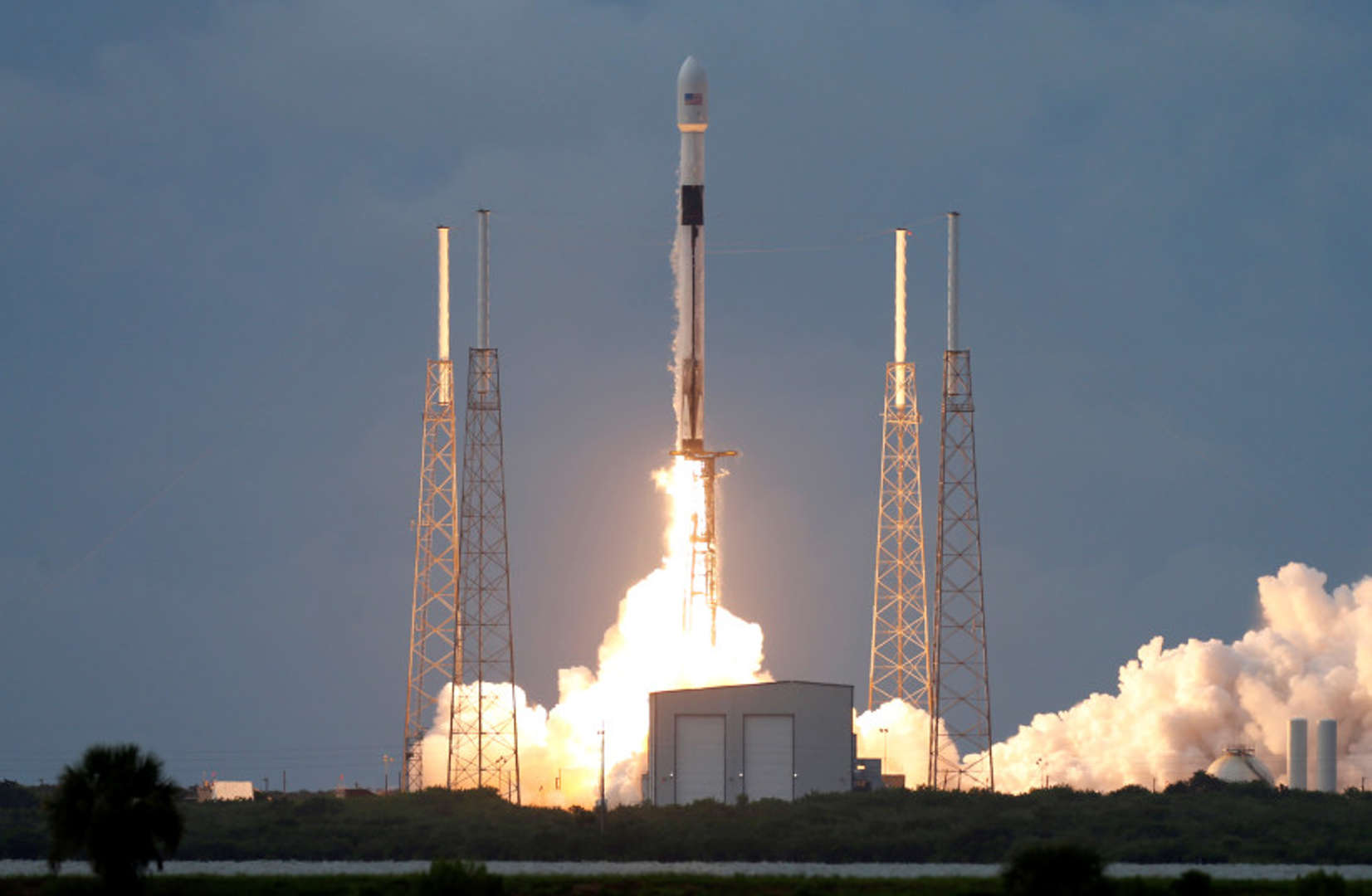Elon Musk’s aerospace firm, SpaceX, is currently under legal scrutiny by the United States Department of Justice (DOJ) over alleged discriminatory conduct against refugees and asylees, as per reports from US media on Saturday.
The DOJ has initiated a civil lawsuit against the company, asserting that it violated the Immigration and Nationality Act through exclusionary measures undertaken between September 2018 and May 2022, according to ABC News. It’s been alleged that the aerospace organization actively discouraged refugees and asylum seekers from submitting applications, refusing to even review their submissions.
One of the grievances cited in the lawsuit claims that Elon Musk and the leadership at SpaceX cited “export control laws” as the reason for restricting employment only to US citizens or green card holders. The Department of Justice has contested this justification, as reported by ABC News.
“Asylees and refugees have overcome many obstacles in their lives, and unlawful employment discrimination based on their citizenship status should not be one of them,” Assistant Attorney General Kristen Clarke of the Justice Department’s Civil Rights Division said in a statement.
According to reports from American media, the Immigrant and Employment Rights division of the DOJ has been looking into these accusations since May 2020.
A range of positions, including crane operators, cooks, dishwashers, business analysts, engineers, and others, are among those being scrutinized in relation to the hires in question, as outlined in the lawsuit.
Elon Musk characterized the DOJ’s legal action against SpaceX as the “utilization of the DOJ for political motives.”
“was told repeatedly that hiring anyone who was not a permanent resident of the United States would violate international arms trafficking law, which would be a criminal offense.” Said by the CEO of SpaceX.
Musk reportedly referenced ITAR and Export Administration Regulations (EAR) to support many of his assertions. However, the Department of Justice (DoJ) contradicted these assertions, indicating that these regulations do not impose any such limitations on asylees and refugees. The suit explains that ITAR laws primarily “constrain an employer’s capacity to export specific goods, software, technology, and technical information.”
The DoJ’s argument also contended that from September 2018 to March 2022, the company’s application process required candidates to specify their status as citizens, residents, refugees, or asylum seekers using a set of designated codes. According to the lawsuit, the company’s recruitment personnel and hiring managers utilized these codes to dismiss applicants based on their responses.
Individuals identified as asylum seekers or refugees were automatically rejected. Reports from US media indicated that the lawsuit cited an instance where a recruiter employed the rejection code for an applicant who happened to be an asylum seeker with “over nine years of pertinent engineering experience” and a graduate of Georgia Tech University.
Information from the company’s records indicated that during that timeframe, a total of 10,000 individuals were brought on board as employees. Among these 10,000 hires, purportedly, merely one was classified as an asylum seeker, and this individual was reportedly hired several months subsequent to the commencement of the investigation.
Furthermore, the legal action also pursues financial penalties of an unspecified magnitude as determined by the court, alongside the implementation of policy adjustments to guarantee SpaceX’s adherence to the federal directive against discrimination moving ahead.



